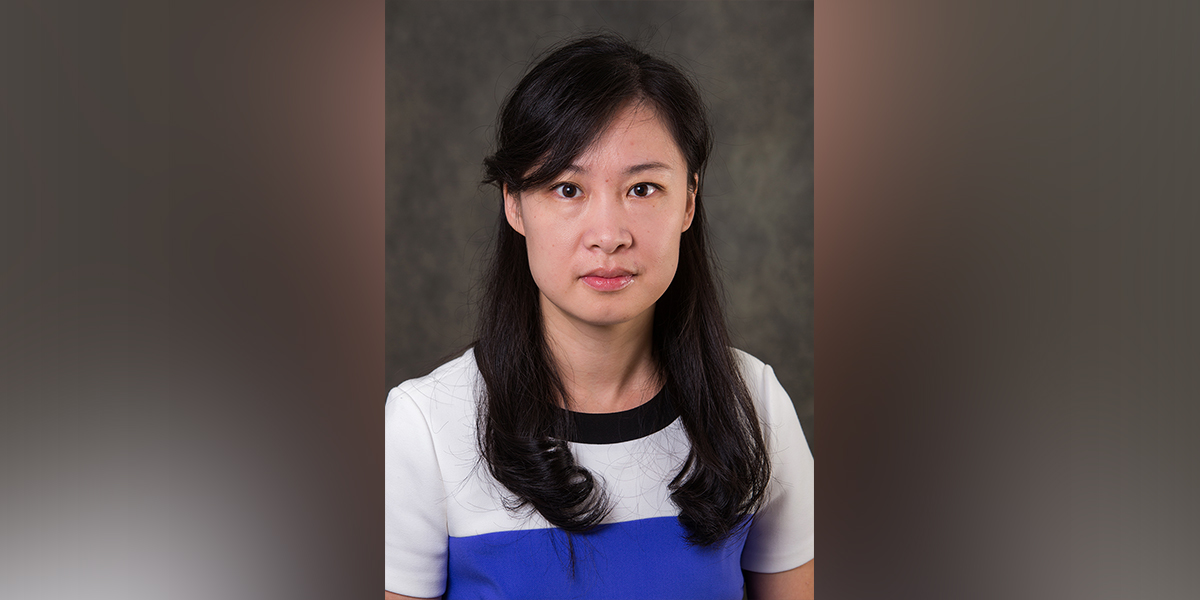

Two University of Wisconsin-Platteville faculty members are being recognized for their innovative ideas to improve living and working environments in Wisconsin. A yearlong competition, sponsored by Foxconn Technology Group in partnership with the University of Wisconsin System, among others, invited participants to submit innovative ideas that enhance quality of life, improve working environments, expand transportation networks, inspire creative city planning and promote sustainable energy solutions. After narrowing down an initial 325 participants, officials recently announced the top 12 final winners, which include Dr. Hanwan Jiang, assistant professor in the Department of Civil and Environmental Engineering, and Dr. Fang Yang, assistant professor of electrical engineering in the UW-Platteville Engineering Partnerships Program.
Two UW-Platteville students, Jonas Wagner and Jacob Sina – both engineering physics majors – also participated in the competition and were among those who were selected as round-two winners of the contest.
“It is just so exciting to see our faculty and students competing, and winning, in this competition to develop innovative ways for enhancing our cities of the future,” said Dr. Molly Gribb, dean of UW-Platteville’s College of Engineering, Mathematics and Science. “The College of EMS at UW-Platteville is committed to providing experiential learning opportunities for our students, and this is just one example of the exceptional work our faculty do to engage their students in cutting-edge research.”
Jiang’s proposal addresses structural deficiencies in bridges – a situation that is getting worse, according to the American Society of Civil Engineers’ Infrastructure Report Card. More than half of the bridges in the United States are approaching or have exceeded their design lives, and just over 9% of bridges nationwide are deemed structurally deficient. Recent fatalities have brought this issue to national attention, including the collapse of the Florida International University pedestrian bridge in 2018.
Jiang proposes the development of a monitoring system – similar to a medical ultrasound – that generates images of cracking, damage and subtle stress changes inside and on the surface of the structure. She bases her research on Coda Wave Interferometry, a theory that focuses on how the depth, position and frequency of cracks affect the structure. Jiang hopes that this new method is more effective than the traditional way of testing, which doesn’t locate all the cracks, some of which can be thinner than a strand of hair.
Yang and her team have developed a novel microgrid energy management system. A microgrid is a small-scale power system that oftentimes consists of renewable energy sources, such as solar power or wind. Microgrids serve a specific area, which could range in size from a single building to a university campus or industrial complex, or even a small island.
Microgrids are becoming increasingly popular, as is the demand for environmental sustainability and the use of more renewable energy sources in microgrid applications. While existing microgrid energy management techniques include renewable resources in the supply of power, according to Yang, they do not use those resources to their full power generation capacity. Yang’s microgrid energy management system seeks to improve upon this by achieving coordinated and optimal control of various energy resources.
"Electricity touches every life and almost every activity in any city,” said Yang. “Microgrids make cities smarter by empowering local control to achieve economic, environmental and energy resiliency goals for their citizens. The developed technology enhances microgrid function to fill the energy needs of residential, commercial and industrial activities in an efficient and sustainable manner, and has the capacity to serve the community by helping the microgrid to work smarter.”
The final round winners received a $5,000 prize, bringing the total award amount they received throughout the duration of the competition to $7,000.